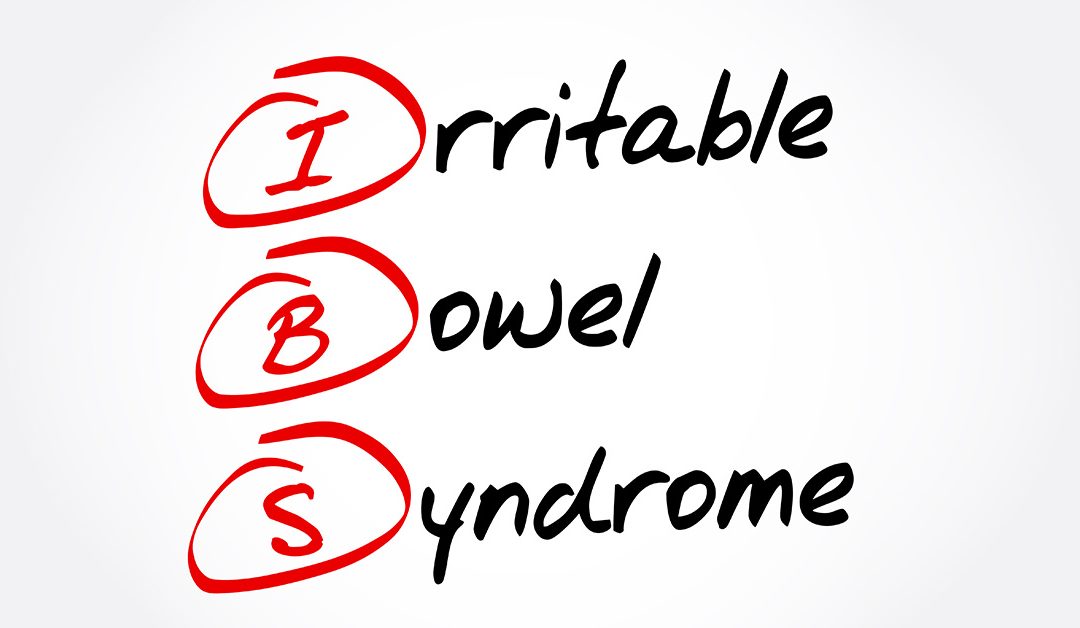Approximately 1 in 5 Australian’s suffer from symptoms of Irritable bowel syndrome (IBS), making it the most commonly diagnosed gastrointestinal condition. It is usually diagnosed when someone presents with gastrointestinal symptoms in the absence of any other disease which could be causing the symptoms. As common as IBS is, suffering from IBS day in day out does not have to be your reality. There is help available and relief can be sought, it’s about looking a bit deeper to help understand, why exactly is your digestive system irritated?
What are common symptoms of IBS?
The most commonly reported symptoms of IBS are:
- Abdominal pain/discomfort
- Bloating
- Excessive wind/flatulence
- Constipation
- Diarrhoea
There are in fact 3 different types of IBS and symptoms may vary depending on which type is experienced:
- IBS with constipation (IBS-C)
- IBS with diarrhoea (IBS-D)
- IBS mixed (IBS-M) – both constipation and diarrhoea
- IBS unsubtyped (IBS-U)
Looking for IBS assistance?
RDC Clinical is currently seeking participants for a clinical study in Brisbane for a new lactose-free milk-derived protein for IBS. Click here for more details.

What are common Irritable Bowel Syndrome triggers?
There are a number of factors which can trigger symptoms of IBS and identifying which are true triggers can sometimes be a process of elimination. The most common factors which are usually considered first include:
- Diet – there are numerous dietary triggers responsible for IBS symptoms and each person has their own individual tolerance to foods. This means, certain foods will trigger symptoms in some but not in others. Foods which are well-known to trigger symptoms include If you haven’t heard the term FODMAP, they are short-chain carbohydrates that aren’t absorbed well in the gut which can leads to digestive symptoms. Spicy food and fatty foods are also common triggers.
- Food sensitivities and intolerances in sensitive people can trigger symptoms. A common one is undiagnosed lactose intolerance.
- Stress and anxiety – there is an undeniable connection between gut health and mental This is especially considering that our gut and brain share many of the same nerve endings, hormones and neurotransmitters, thus ensuring a permanent link between the gut and brain. An example of this in action is when we are feeling stressed or anxious and enter fight or flight mode, our body will attempt to remove any waste from the body so it can quickly run away from danger.
- Hormonal imbalances such an endometriosis in women is commonly diagnosed alongside IBS.
- Infections –including a parasite or bacterial infection which lingers in the gut causing digestive havoc.
- Dysbiosis – an imbalance of good and bad bacteria in the gut, our gut bacteria interact with the foods we eat and can trigger symptoms if they are out of balance. This is a common situation people experience after have gastro or food poisoning and is referred to as post-infectious IBS.
- Genetics – also believed to be an underlying factor in the development of IBS.

What are the long-term consequences of ignoring the symptoms of Irritable bowel syndrome?
The digestive system plays a vital role in the body so it only makes sense that ignoring symptoms of IBS long-term can negatively impact health, such as:
- Quality of life – can be negatively affected, especially if symptoms restricts your ability to socialise, go to work or
- Poor sleep – if symptoms wake you up during the night, it can impair sleep, which long-term can have a negative impact on both physical and mental
- Unnecessary diet restriction – if living in fear that specific foods will trigger symptoms and you avoid foods without knowing true dietary triggers, it can lead to an unnecessary restriction of food which can make eating out hard and can result in a poor diet.
- Nutrient deficiencies – as you have learnt above, the digestive system is responsible for helping us absorb nutrients from the food we eat. If the digestive function is impaired, this can mean you aren’t absorbing as much nutrition from food and long-term this can result in nutrient deficiencies. Common nutrients affected by poor digestive function include iron, Vitamin B12, calcium and Vitamin A.
IBS places a huge burden on those who suffer from it in addition to the healthcare system. Thankfully, research in this area is continuing to develop, which will give us greater insight in respect to the factors underlying IBS and what can be done to help provide relief to those who suffer from it.
Looking for IBS assistance?
RDC Clinical is currently seeking participants for a clinical study in Brisbane for a new lactose-free milk-derived protein for IBS. Click here for more details.
Interested in participating in clinical trials?
RDC Clinical is a clinical research organisation based in Brisbane, Australia. If you are interested in participating in a future clinical study, please submit your details below to be added to the subscriber list.

